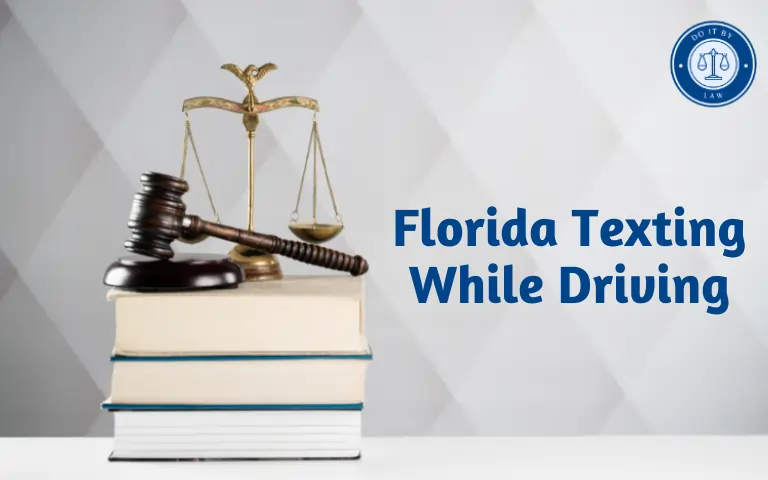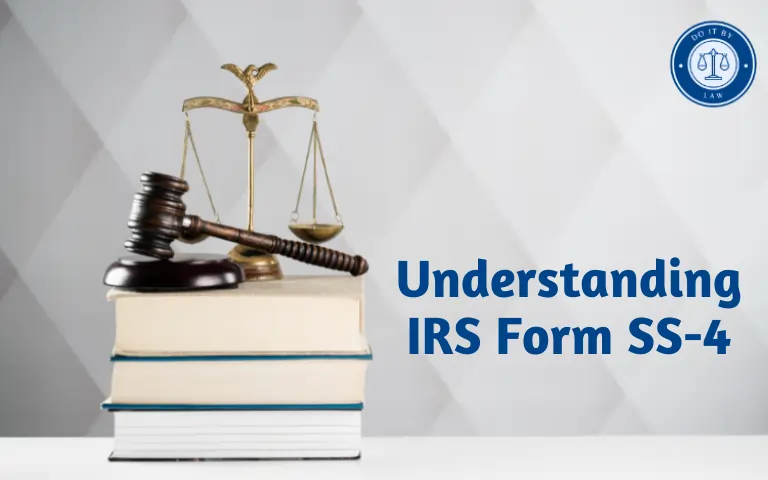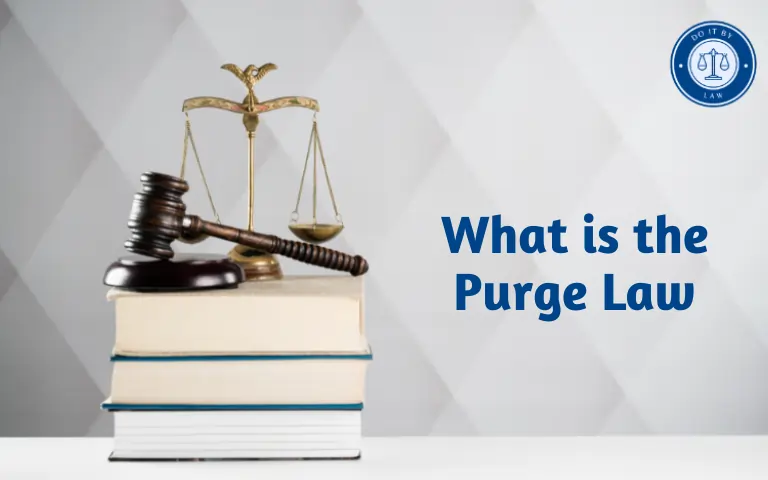What Does It Mean That Florida Texting While Driving Law is a Primary Offense?
Up until 2019, Florida Texting While Driving was classified as a secondary offense. This meant law enforcement officers could only cite drivers for texting if they were first pulled over for another traffic infraction like speeding or running a red light.
But as of July 1, 2019, the ban on typing or reading messages on a cell phone while operating a vehicle officially became a primary offense per Florida statute 316.305. This crucial change empowered police to stop motorists exclusively on suspicion of texting, making it much easier to enforce.
So what exactly does Florida’s anti-texting law becoming a primary offense entail in practical terms? And how might this impact you as a driver? This guide explains it all in simple language.
What is a Primary Offense vs a Secondary Offense?
The distinction between primary and secondary traffic offenses is important across all states, not just Florida:
- Primary Offense: Police can single out and stop a driver solely based on committing this specific offense. Primary offenses stand alone as their justification for a traffic stop.
- Secondary Offense: Police cannot make a stop unless the driver is simultaneously violating another primary offense. So secondary offenses rely on other reasons for the initial stop.
For example, running a red light is a primary offense anywhere in the U.S. Officers can pull drivers over for that alone. However, having an expired license plate would typically fall under secondary offenses. Police would need to catch the driver speeding or committing some other primary violation before citing them for the expired tag.
Upgrading texting while driving from a secondary to a primary offense was crucial for Florida law enforcement’s efforts to combat distracted driving more assertively. Previously, officers frequently saw motorists blatantly absorbed in their phones but lacked the authority to intervene unless another offense was also taking place.
What Does the Florida Texting While Driving Prohibit?
Now that manually typing or reading messages on a handheld device while behind the wheel constitutes a primary offense, what specific actions does Florida Statute 316.305 prohibit?
The key phrases in the law that outline unlawful texting activity are:
- “Manually typing”
- “Entering multiple letters, numbers, symbols”
- “Sending or reading data”
All of the above describe clear examples of texting, emailing, using social media, web browsing, gaming, watching videos, and other common phone tasks that qualify as violations.
So essentially, any activity requiring drivers to look at their phone screens and manipulate touch keyboards would fall under what police can stop motorists for under the strengthened texting law. Calling via hands-free Bluetooth remains legal.
One gray area not specifically addressed is more passive viewing of content like reading articles, watching shows, or scrolling social feeds. But officers still have discretion to determine if phone gazing is hazardous enough to warrant a stop.
What Are the Fines and Penalties on Florida Texting While Driving?
Along with now being a primary offense, the consequences for getting caught texting behind the wheel also went up in 2019. Fines, court fees, and license points can add up quickly:
- First Offense: $30 base fine plus court costs comes to around $100 total. No points on the license.
- Second Offense (within 5 years): $60 base fine plus court costs. Also adds 3 points to the driver’s license. Gets reported to insurance.
So a first offense stays relatively affordable as a warning slap on the wrist. But repeat violations within quick succession ratchet up the financial sting and insurance risk.
And that’s not even accounting for the elevated chance of getting into a crash while distracted by an all-consuming phone task. No text is urgent enough to put lives in jeopardy.
How Can Police Detect Florida Texting While Driving?
Since Florida’s texting law became a primary offense, more motorists are probably wondering how police can tell if someone is unlawfully interacting with a mobile device while driving. Law enforcement utilizes these common methods:
- Direct Observation: Officers watch for extended eyes-down gazing in the driver’s seat, poking at a brightly lit screen, and slower reaction times on the road.
- Driver Admission: If pulled over, drivers may admit to texting if asked by the officer.
- Passenger Report: Passengers may notify police of a driver texting in a hazardous manner.
- Dash Cam Video: Dashboard cameras can capture clear visual evidence of unlawful phone usage behind the wheel if texting takes place shortly before a crash or traffic stop.
- Phone Records: In accident investigations or if a warrant is obtained, phone logs can reveal manual typing, swiping, or reading activity immediately preceding a collision.
So while officers cannot always definitively prove texting at a glance, sustained distraction plus other clues gives them leeway to initiate stops based on reasonable suspicion of phone manipulation. Don’t give them a reason to take a second look.
What Else Should Drivers Know?
Beyond understanding what constitutes a primary offense and the basics of Florida’s strengthened texting while driving law, drivers should keep these additional points in mind:
- Other Distractions Still Prohibited: Texting may be the most high-profile example, but distracted driving enforcement also applies to grooming, eating, reading books, laptop use, and any other activity deemed sufficiently hazardous.
- School & Construction Zones: An additional statute 316.306 specifically covers texting infractions in active school and work zones, with enhanced penalties. Fines double in these areas.
- Local Ordinances May Differ: While Florida Statute 316.305 sets baseline statewide rules, counties and cities may regulate secondary distractions like phone calls with additional local restrictions.
So do not assume you comply just by avoiding manual texting. Other distracting behaviors can still warrant stops and penalties depending on the jurisdiction.
Frequently Asked Questions on Florida Texting While Driving
- Can I still use GPS navigation apps? Yes, voice-guided GPS remains legal since it does not involve manual typing. But inputting destinations by hand still qualifies as a violation.
- What if my phone is mounted? The texting law still applies. Fixed mounting only avoids secondary offense restrictions on holding devices. Manually texting on a mounted phone is equally dangerous.
- Can passengers text? Yes, the laws only apply to drivers. But drivers can still pay fines if they are caught looking over at passengers’ phones.
- What about smartwatches? Texting or other manipulation of devices worn on the wrist while driving may face similar enforcement under distracted driving statutes.
- Is talking allowed? Yes, Florida permits talking on handheld phones as long as it does not rise to careless driving. But manual dialing also violates 316.305. Use voice commands, speed dial presets, or pull-over to place calls.
Final Thoughts
Hopefully, this breakdown gives Florida drivers clarity on what exactly state law prohibits in terms of texting behind the wheel now that it constitutes a primary offense. Do your part to keep roads safe and avoid costly tickets by putting down your phone!






